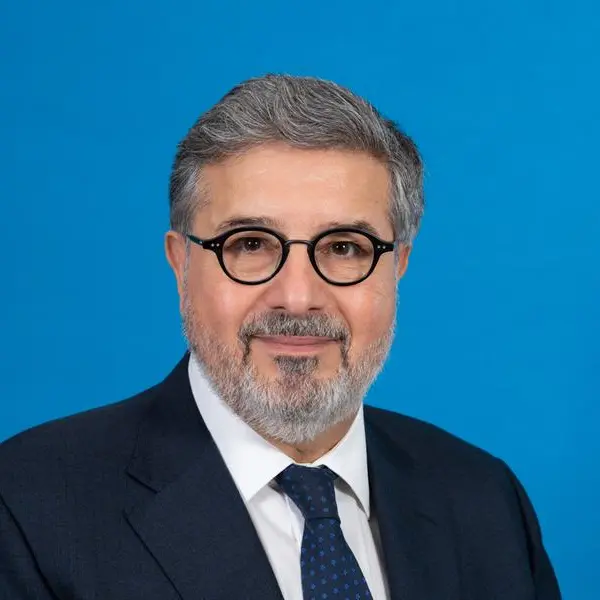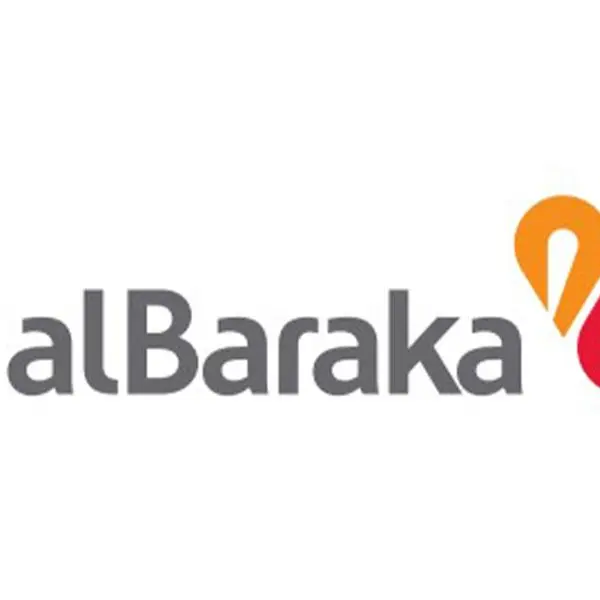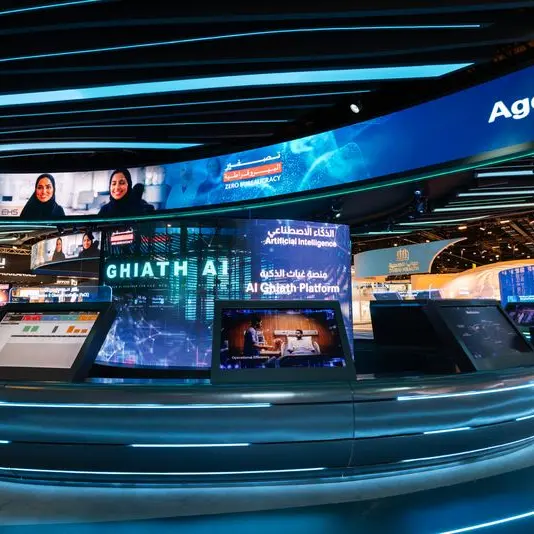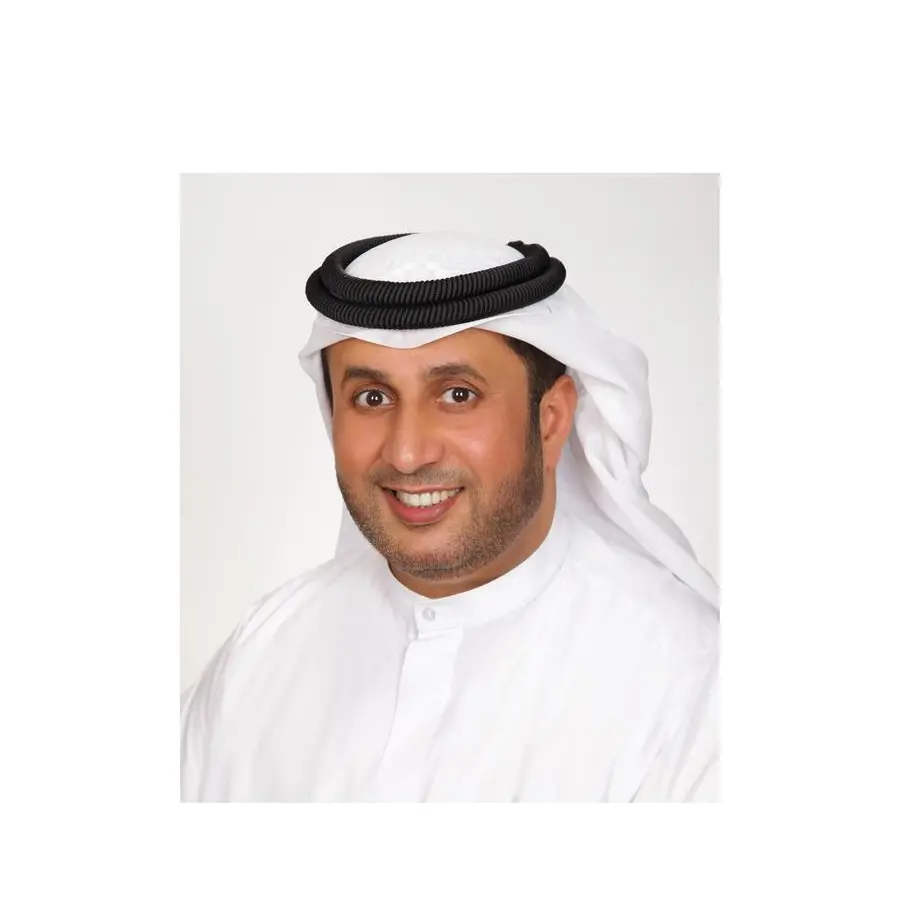PHOTO
Dubai, United Arab Emirates - Philips Middle East recently focused on the rising trend of telemedicine as a determining factor in providing an improved access of diagnosis, consultation and monitoring.
In a recent study conducted by The Economist Intelligence Unit and commissioned by Philips, key findings noted that ensuring access to telehealth depends not just on the technologies, but on the broader enabling environment, especially policy harmonisation, communications infrastructure and competent skills to work enhanced technologies.
The report examines telehealth across different geographies including the Gulf Cooperation Council (GCC), which is embarking on multiple reforms to its overall healthcare system to better manage chronic diseases. The report said that the telehealth innovation frontier is quickly advancing. However, in order to realise its benefits, health policies need to evolve to respond to the new realities of technology and innovation.
In the GCC, the report says that the total healthcare spending is forecast to reach $60 billion by 2025, as a result of population growth and a rise in chronic, non-communicable diseases. The region's abilities to harness telehealth and provide the enabling framework hang in the balance: it has a generally high income level with strong rates of ICT penetration and infrastructure.
Telehealth can enable a wider cast of actors to collaborate in patient care, from doctors to social workers and nutritionists. However, there is a challenge in balancing more users on the one hand, with the need to build usable systems with the requisite security and privacy.
Arjen Radder, Philips CEO Middle East and Turkey said, "The region is vulnerable to a fast growing population and a continuous rise in the prevalence of chronic diseases. At the same time, the healthcare landscape is changing to accommodate the important role technology has to offer. We need to look at it from the full health continuum spectrum and encourage that living a healthy life is as important as receiving the right treatment."
For telehealth to promote access to care, the communications infrastructure, especially broadband and mobile network coverage, needs to function effectively. New skills, amongst patients and providers are critical to enabling telehealth across the GCC. Strong partnerships that promote knowledge exchange between healthcare institutions can have strong benefits. However, the success of telehealth will rely not only on skills but also perceptions.
Radder also noted that investing in telehealth is not only beneficial for patients since personal monitoring and treatment can happen in the comfort of the home. Because of the proven high quality outcomes, efficiency gains , reduction of readmissions and patient compliance, and the low cost of the home, Telehealth also offers a strong return on investment and the bottom line. Where appropriate, telehealth can help curb the impact of health professional shortages.
"Revolutionary health innovations introduce new ways of practicing medicine, disruptive technological breakthroughs and alternative financing arrangements that were neither evident nor possible before," he added.
Through its global and local partnerships, Philips is driving world class innovations and creating an eco-system of clinical excellence in the regional healthcare industry.
End
For further information, please contact:
Name: Emeel Bishay
Tel: + 971 4450 2600
E-mail: Emeel.Bishay@fleishman.com
About Royal Philips
Royal Philips (NYSE: PHG, AEX: PHIA) is a diversified health and well-being company, focused on improving people's lives through meaningful innovation in the areas of Healthcare, Consumer Lifestyle and Lighting. Headquartered in the Netherlands, Philips posted 2014 sales of EUR 21.4 billion and employs approximately 108,000 employees with sales and services in more than 100 countries. The company is a leader in cardiac care, acute care and home healthcare, energy efficient lighting solutions and new lighting applications, as well as male shaving and grooming and oral healthcare. News from Philips is located at www.philips.com/newscenter.
About Enabling telehealth: Lessons for the Gulf:
"Enabling telehealth: Lessons for the Gulf" is an Economist Intelligence Unit report commissioned and sponsored by Philips that sheds light on the enabling environment for telehealth. The report focuses on policy, infrastructure, skills and user behaviour. The findings are based on desk research and interviews with experts, conducted by the Economist Intelligence Unit.
© Press Release 2015



















